Homeschool Away from Home
As an Amazon Associate I earn from qualifying purchases. For more details, please see our disclosure policy.
Homeschool doesn’t have to be at home. Here’s how learning happened during our European vacation.
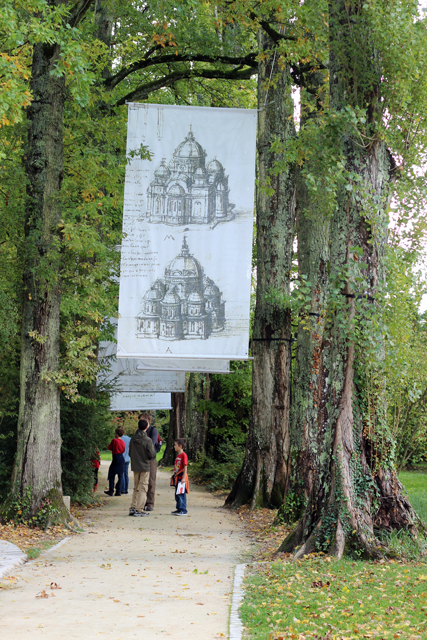
Want to save this post?
Enter your email below and get it sent straight to your inbox. Plus, I'll send you time- and money-saving tips every week!
Home education can look lots of different ways. Some people replicate a public school education, complete with workbooks and the Pledge of Allegiance. Others eschew textbooks of all kinds and let the world be one’s teacher. We typically fall somewhere in the middle.
Our school year officially started in August. We had four to six really great weeks where we buckled down and I felt like a really organized woman. In late September, we changed our rhythm. We left home for a month and lived in another country.
And we still did school.
No, we didn’t haul math books and science experiments on our European vacation, but I would hazard a guess that our family learned as much abroad as they would have at home — if not more.
We continued to homeschool even when we were away from home.
Homeschool away from home
Interestingly, had my kids been enrolled in public school, I’m pretty sure some administrator would have made my kids do book work to make up for missed days. Yet, the reality is that they had one of the richest learning experiences they could have had!
Learning can be done everywhere. Anywhere. You don’t have to have books to learn something new. You have to have eyes to see. It helps to have folks to talk about things with.
Here’s what the kids studied during our big European vacation:
1. Literature
We packed the Kindle and a couple iPads loaded with books for the kids to read. The beauty of e-readers is that we never ran out of reading material, and no one ever lost a book.
FishBoy12 and I had a great time reading Lord Peter Wimsey mysteries together on the train from Paris to London. It was perfect for the locale!
While there were certainly bouts of video game playing, we tried to keep everyone reading every day.
2. History
Seeing as we walked in the paths of William the Conqueror, Napoleon, Leonardo da Vinci, Joan of Arc, and a host of other famous folks from the past, our family was deeply immersed in history. We visited chateaux, museums, and monuments that have played a role in the shaping of the world we know today.
We met a French Commando soldier as well as spent a day with an octogenarian who was 10 years old on D-Day. We met living pieces of history who brought the past and present alive for us.
We walked on Omaha Beach and through the ruins of a village destroyed by the Nazis. We saw things up close that we could never experience from home.
3. Art
From the Louvre to an outdoor sanctuary dotted with da Vinci paintings, our family got to see some of the most beautiful and amazing pieces of artwork in the world.
What fun it was to hear our 7-year old cry, “There’s the Wedding at Cana” and correctly identify a fairly obscure painting that she’d seen in a book! FishBoy12 who’s been devouring Europe 101 by Rick Steves was constantly pointing out different styles of architecture or works of art that he recognized from his reading.
4. Math
Paying for things in two different currencies (British pound sterling and Euros) was a feat of great mathematics and lots of counting. The UK has no end to the number of coins they mint. I still don’t think I have it figured out. We gave the kids practice making change and counting since we ourselves needed it as well.
5. Science
The younger kids created a huge rock collection based on pieces they had found along the shores of the Mediterranean. One of their older brothers got up close and personal with a sea urchin. We walked along the Med as well as the Atlantic and hiked in the Pyrenees.
On the road we crossed a huge cable-stayed bridge whose visitor center went into great detail about the creation of such a bridge.
6. Popular Culture
We drank butter beer and walked through the Great Hall at Hogwarts.
7. Politics
As our kids saw or heard things different from what they know, i.e. immigration policies in England, or security procedures in a train station, or soldiers walking with machine guns through the Arch de Triumph, we had ample time to discuss the workings of the world.
8. Foreign Language
While I was the main one learning and relearning a foreign language, the kids did a great job working on their skills, which we had started before we left.
They had opportunities to play with French kids who didn’t speak a ton of English, so they made things work. The kids came home all wanting to improve/learn French.
9. Culinary Arts
We tried lots of new foods that we might not have tried at home, including anchovies, blood sausage, calamari, and seafood that hadn’t been shelled, boned, or deheaded. The kids explored different flavors as well as different styles of food preparation. Even Mr. Picky got brave and was the first to try Camembert cheese.
10. Life Skills
Transplant California kids from the burbs into a busy city and they’ll be shocked at the crowds and the hustle and bustle. They’ll also learn to adapt. Our kids became pros at navigating the subways, trains, and buses. They now read maps and know how to avoid pickpockets.
They picked up life skills that they couldn’t have gained any other way.
Some would say that a month’s vacation in Europe doesn’t count as school. I disagree. Our kids have learned more in four weeks than I could have taught them at home. Plus, they did it immersed in other cultures with the smells, tastes, sounds, and sights of another world at their fingertips.
Homeschool away from home is pretty awesome.

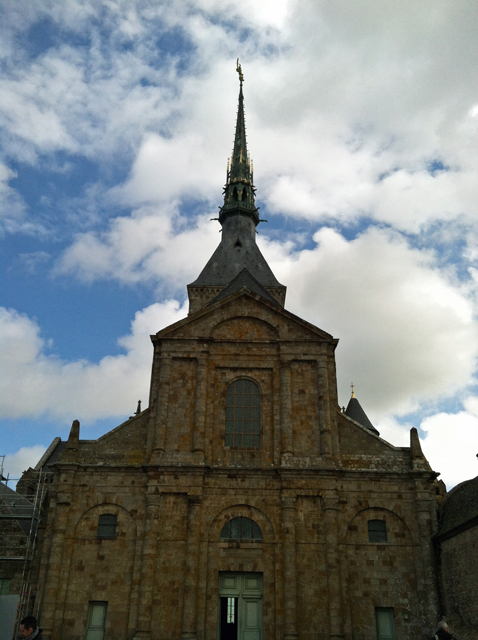
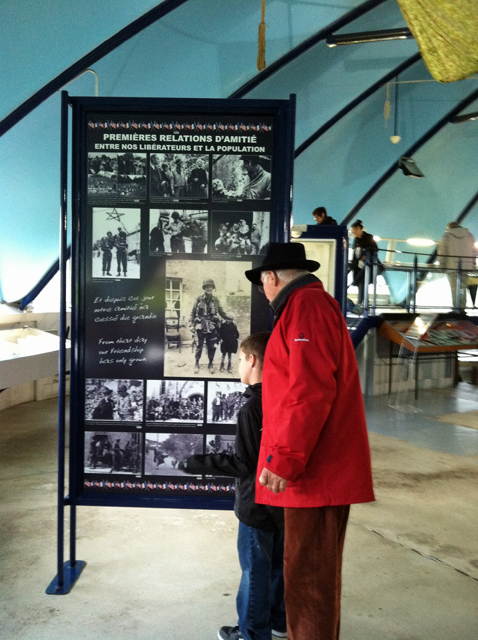

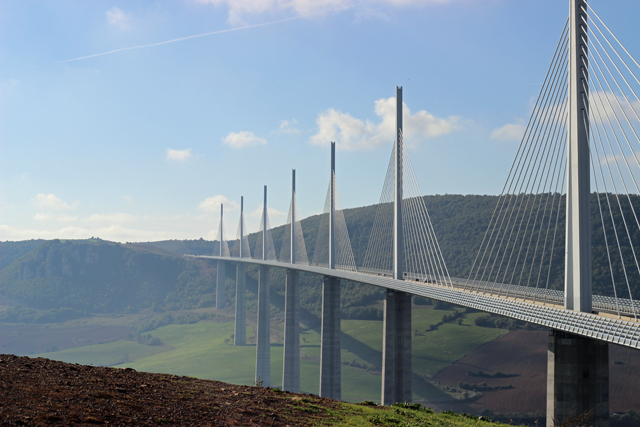
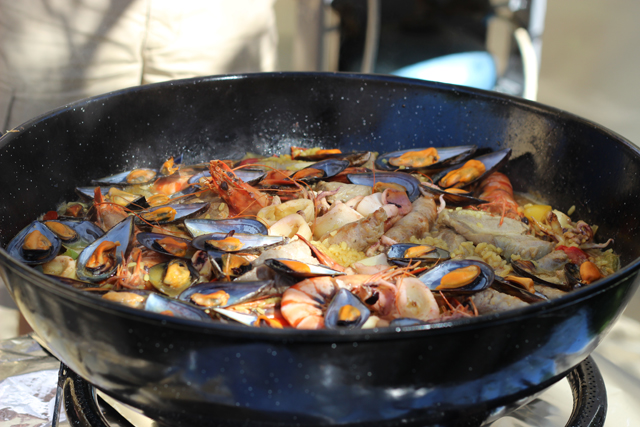

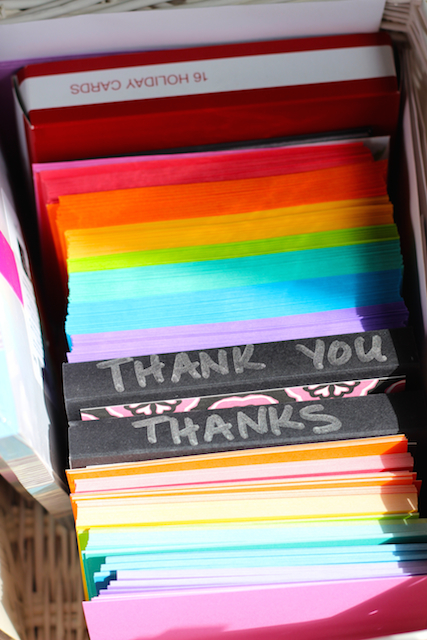
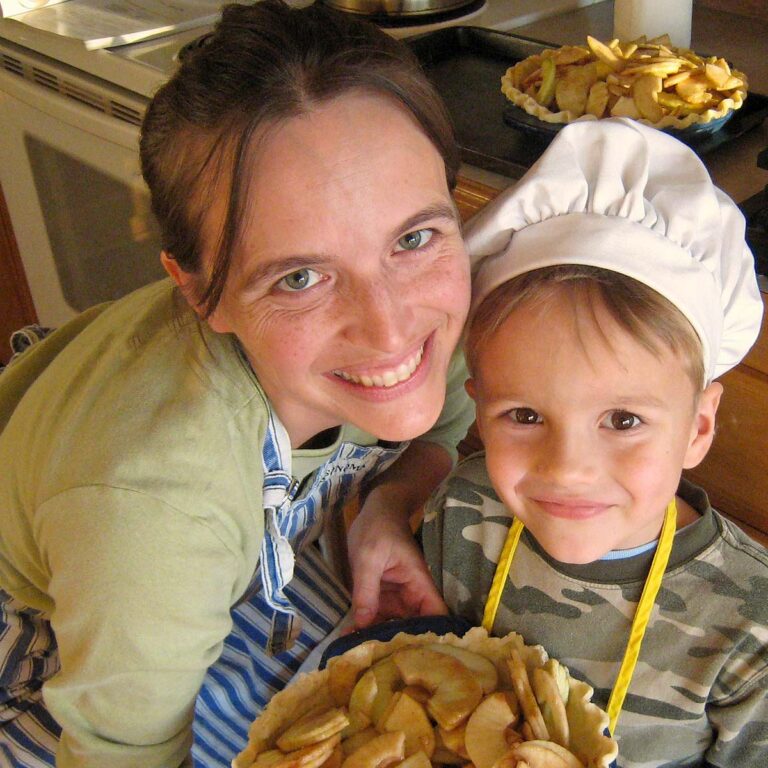
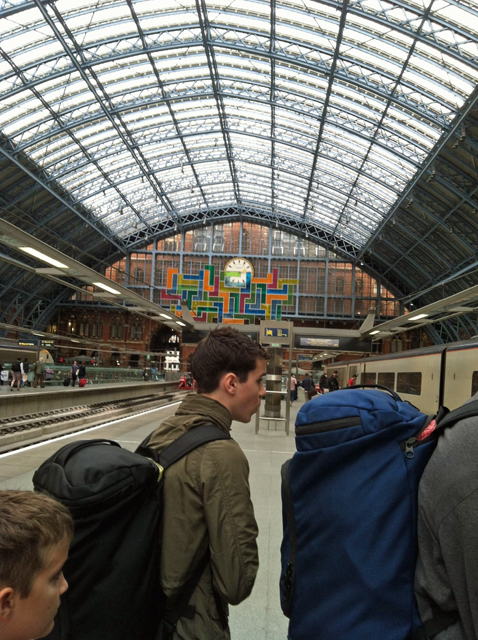
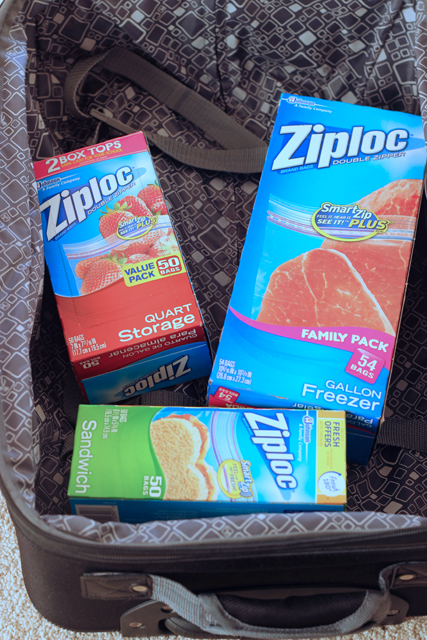
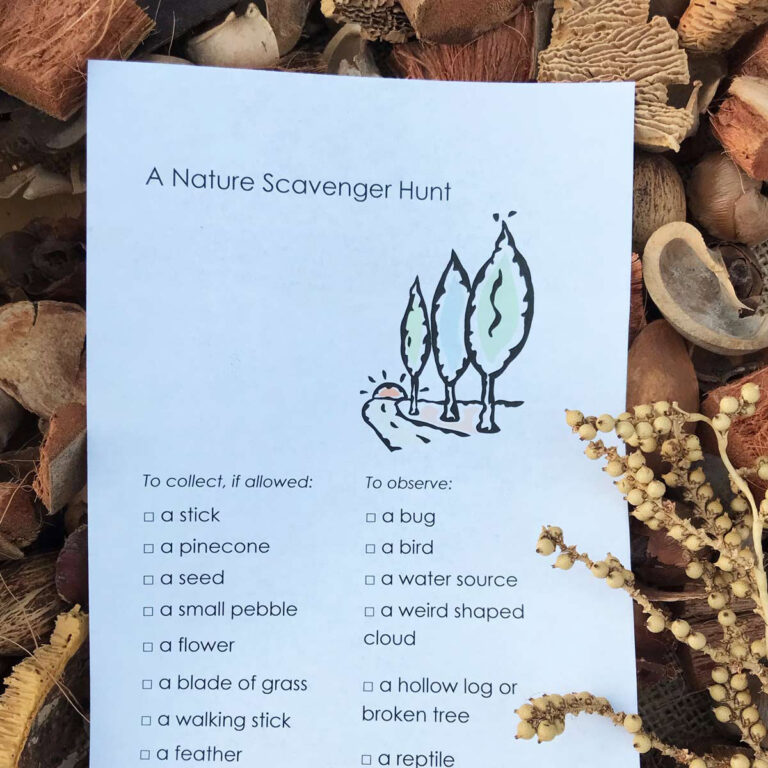
We’re in Ethiopia for a month, so we’re doing homeschool away from home. We did some of the same things like loading up the kindles. We’ll mostly be in one place while my husband works at a hospital, so we’ll still be doing some of the normal stuff- math, language arts, typing, science, but taking time for new friends and new opportunities as they arise. I love history and Ethiopia has such a rich history- but not something I ever learned about in school!
What an amazing experience!
Love this post! I wish it was in our budget to do such travelling. For now, I will tag along with your family. Keep the vacation posts coming, please. 🙂
PS Where is the cable-stayed bridge located? It’s breathtaking!
The bridge is in Millau.
I am enjoying your posts about traveling with kids. I have traveled with my parents and sister a lot when I was little and a teen.Loved your beautiful country so much !
I can relate to all benefits you mentioned here. I wish I could do the same with my kids now LOL
PS I was happy to see a pic of Egypt in your post 🙂
The Louvre is so big, but we did get a chance to view the Egyptian gallery.
I spent a month touring Mexico when I was in high school. Your list is a great summary of learning, but I would add one to the list: a true appreciation of the United States despite its occasional flaws and quirks. In the case of Mexico, the poverty can be overwhelming. As were the very real dangers we experienced at times. We were on a bus tour. Waking up from a nap with a soldier sticking a rifle in your face expecting a bribe is not an experience you forget! The difficulty getting sanitary food and water at any price was a truly foreign experience. Touring a city in the middle of the desert without running water or electricity that did not have a single medical professional and only one communally owned automobile that was older than me again made me really appreciate the comforts of home.
Her experience in France would be different since they are a more developed country than we are. Actually the French enjoy luxuries like universal health care, or guaranteed paid vacation and other amenities our country has not adopted. In reality we’re only slightly more developed than Mexico. There’s plenty of poverty here and for a long time areas like the Appalachians didn’t have luxuries like running water or electricity. If you want an exercise in how far we haven’t come then watch for when the free dental clinics are offered and see how many of your fellow Americans start lining up DAYS ahead to get dental work taken care of. As far as corruption goes, we’re less overt but anyone who actually engages in our political system recognizes that there are definite problems with corrupt politicians being bought by interests like the banking, oil or other industries. Don’t get me wrong I spent time in a third world country courtesy of Uncle Sam and am very grateful that my daughter didn’t have to quit school to sell her body while still a child, but I also think that people who think that this an equitable country where many have so much really miss out on the fact that many are barely scraping by even while working their fingers to the bone.
I guess we can agree to disagree. As a resident of Kentucky, I am well aware of the poverty in Appalachia. However, it does not begin to compare to third world poverty common in so much of the world. Americans are not fleeing by the millions to cross the southern boarder to gain access to Mexico and points south. I thank God every day for being born in a country like the United States. I do not take my freedom, rights or opportunities for granted.
You must not be reading the same articles I am. Quite a few people are indeed fleeing this country(and no they don’t necessarily flee to Mexico although with a lower cost of living it is sited as a place for older Americans to retire.) As I stated, I didn’t visit, I LIVED in a third world country for over a year. It looked an awful lot like pockets of this country sans prostitution. 1 in 5 children face food insecurity here(and that with a food stamp program that feeds 1 in 7. We incarcerate more people than China(so much for freedom). In Detroit people are choosing between rent and water bills. So while YOU may indeed be fortunate enough to see America as a land of plenty, many of Americans have seen the death of the American dream and are struggling in the same way those in other (third world)countries do.
I would say that even though we didn’t experience a huge discrepancy culturally, my kids did come home with a great appreciation for their home culture and for our home in particular. I think it’s easy for us to take many things for granted, even simple things, like a favorite, familiar food. Going away makes you appreciate home more, I think.
You make a great case for homeschooling! How fun for your kids to learn by seeing and doing – often much more fun and lasting than just learning from a book.
I lived in Belgium for a summer during college and in Germany for 8 months during grad school. I’d love to show my husband and kids around the old stomping grounds. What an experience for your family!
Wonderful breakdown! And I betcha they learned a whole lot more than a few hour outing to the pumpkin patch aka “field trip!” That’s school, but your trip isn’t? 🙂
Before we go on a tour or other sightseeing excursion, etc. I give the boys their “assignment.” Each would have to tell a certain number of things they learned. Smaller numbers for the youngest—-and the youngest went first, and oldest couldn’t repeat. It was a fun way to make sure they paid attention, helped them focus on specifics and not be overwhelmed with all the information of the day. (and the occasional disciplinary tactic of this fun oral list becoming a written paragraph if negative behavior on said tour). On a bigger trip where we were actually living in a location for 1-2 weeks and not constantly touring, we used those composition books that have the space for pictures. A picture and “x” number of sentences were required. These pages ended up as part of our scrapbook material. 🙂
Sounds like you have some great strategies for preserving memories and getting the kids writing.